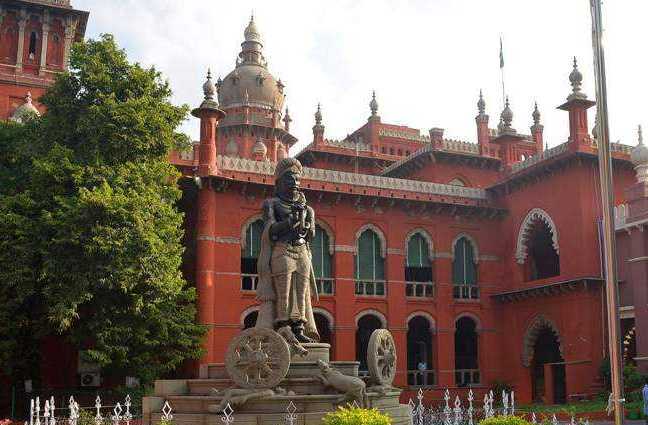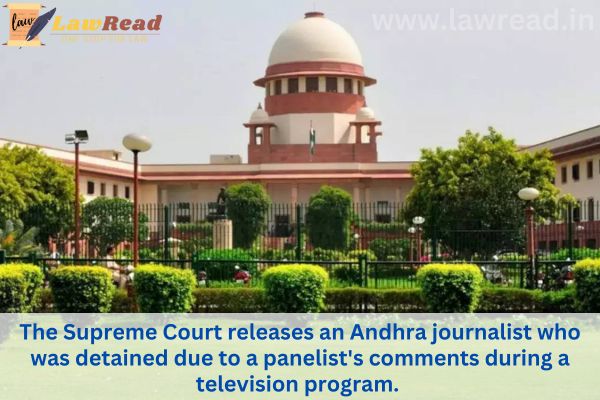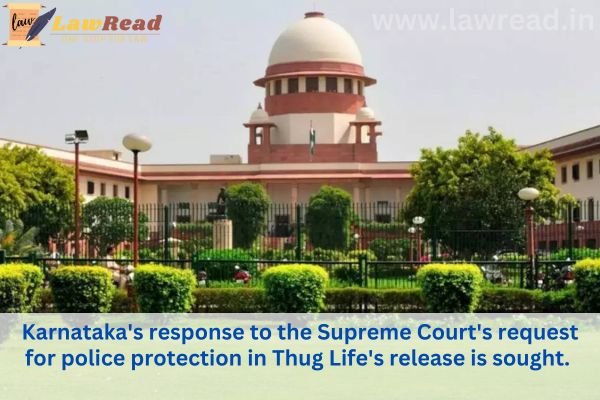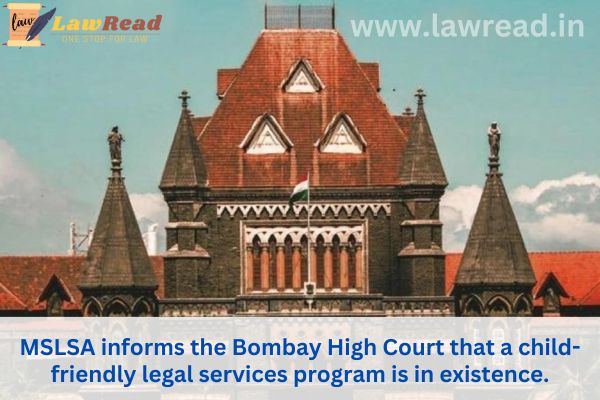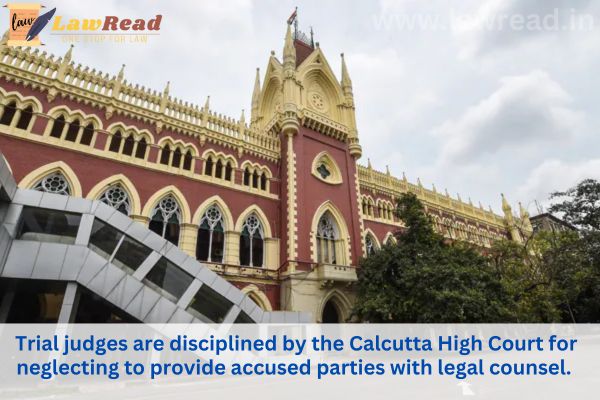News
Judgment Doesn't Fit Within Section 100 CPC: Supreme Court Overturns Madras High Court Order in Second Appeal Despite Important Evidence
The defendants filed an appeal before the Apex Court, arguing that the Madras High Court's decision to allow the plaintiff's second appeal was incorrect.
.jpg)
In a second appeal in a property dispute case, the Supreme Court overturned a decision issued by the Madras High Court, stating that it did not follow the guidelines of Section 100 of the Code of Civil Procedure and did not take into account relevant facts.
The defendants appealed to the Apex Court, arguing that the Madras High Court's decision to allow the plaintiff's Second Appeal and set aside the concurrent judgments of the Trial Court and the Sub-Judge dismissing the plaintiff-respondents' suit was incorrect. Thus, the suit was decreed.
"In view of the above discussion and on the findings recorded above, the impugned judgment cannot be sustained as it not only does not conform to the scope of Section 100 of the Code of Civil Procedure, 1908, but also because it was perverse on appreciated evidence and also ignored material evidence," the Division Bench, which was composed of Justices Vikram Nath and Sandeep Mehta, held.
Background Information
Avinashi Gounder, who had four sons—Arunachalam, Arumugam, Ramasamy, and Palaniyappan—was the original owner of the property in dispute. The plaintiffs are Arunachalam's adoptive son and wife. Palaniyappan's daughter is the first defendant, and the second defendant is the one who purchased the suit property from the first defendant. The plaintiffs claim that the suit property belonged to Arunachalam's share after the four brothers had an oral partition. The plaintiffs acquired complete ownership of the property in question following his passing.
It was alleged that the first defendant had secretly given the second defendant the sale document for the suit property. The plaintiff also claimed that the first defendant had sold the entire property that had been given to Palaniyappan, the first defendant's father, to a man named Mathiyalagan within certain bounds. Therefore, the plaintiffs argued that they were in possession of and were cultivating the land in question, and that the defendants would not have any claim over Avinashi Gounder's properties. But when the second defendant attempted to trespass on the suit property, it became necessary to file the lawsuit. The plaintiffs were not the owners of the property in question, according to the Trial Court, which dismissed the lawsuit.
When the matter reached the High Court in a second appeal, based only on the determination that oral partition was proved, the High Court permitted the second appeal after striking aside the verdicts of the lower Courts.
Reasoning
The Bench found that the suit property was never recorded in the name of the plaintiffs or the husband of the first plaintiff at any time. The will, which was the basis of the claim of plaintiff, was not proved in accordance with the law. After reviewing the two sale deeds, the Trial Court and the First Appellate Court concluded that they were insufficient to establish the oral partition with regard to the survey number in question or to prove it.
It was also noted that, despite the plaintiffs' argument that the land in question originated with Avinashi Gounder, two pattas were filed on file, proving that the survey number in question had been assigned in the names of the first plaintiff and eight other people jointly, with no partition. In their deposition, the plaintiffs acknowledged this fact. The Trial Court and the First Appellate Court had taken into account each of these factors, but the High Court neglected to take into account the documentary and oral evidence.
According to the Bench, the High Court made the irrational conclusion that oral partition had only occurred based on two sale deeds and one mortgage deed pertaining to various land lots. Additionally, it ignored the other conclusions that the lower courts had noted.It stated that "the impugned judgment cannot be sustained in view of the above discussion and the findings recorded above, as it not only does not conform to the scope of Section 100 of the Code of Civil Procedure, 1908, but also because it was perverse on appreciated evidence and ignored material evidence."
By permitting the appeal, the Bench upheld the Trial Court's and First Appellate Court's decisions while overturning the High Court's contested ruling. It declared, "The respondent-plaintiff's suit is dismissed."
Title of Cause: Muthaiammal @ Muthayee & Ors v. Rajendhiran. (Neutral Reference: INSC 508, 2025)
To read or download Judgment, click this link.

